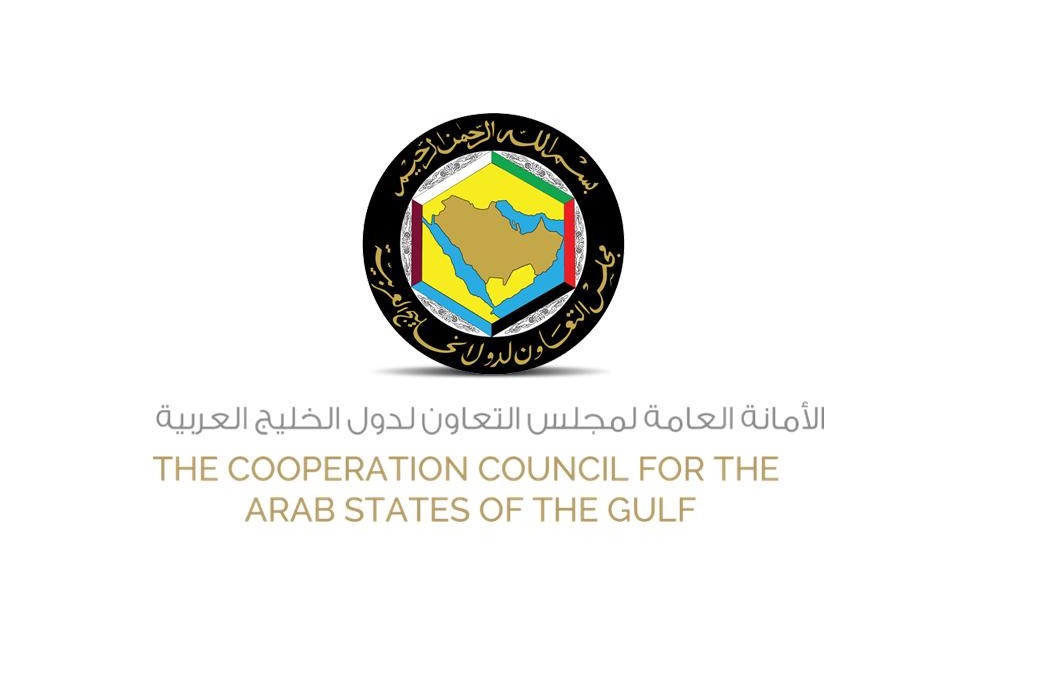
GCC Secretary-General: Child Health a Strategic Priority for Gulf Future
Gulf Cooperation Council (GCC) Secretary-General Jasem Albudaiwi today affirmed that the health of Gulf children is a strategic priority for the future of member states, highlighting that Gulf health action follows an integrated approach anchored in the comprehensive Gulf Health Strategy (2026-2030), which aims to consolidate health security as a foundation for regional stability and development.
Albudaiwi delivered his remarks at the inaugural Gulf Pediatric Associations Conference in Kuwait, attended by Kuwaiti Minister of Health Dr. Ahmed Al-Awadhi, along with numerous specialists, doctors, and researchers from GCC and international states.
In his speech, the secretary-general highlighted the paramount importance the GCC states place on human health, deeming it a "strategic investment in people and development." He pointed to the robust capabilities of the Gulf health system, with the number of doctors in GCC countries reaching 185,000 by 2023, working across 863 hospitals and 3,400 health centers and complexes.
Albudaiwi emphasized that child health is the cornerstone of Gulf society, noting that the region is home to approximately 7.9 million children under 14 and an additional 2.19 million youths aged 15 to 19. He stated that this large demographic requires strengthened preventive and awareness programs, describing these young populations as "the wealth of our nations and the pillar of development."
The secretary-general underscored that the Gulf Health Strategy (2026-2030) seeks to solidify health security by setting goals to raise life expectancy, reduce mortality, and prevent non-communicable diseases. He called for increased efforts in strengthening research partnerships and innovation, particularly through investing in artificial intelligence and facilitating the exchange of data and expertise among Gulf reference centers.








